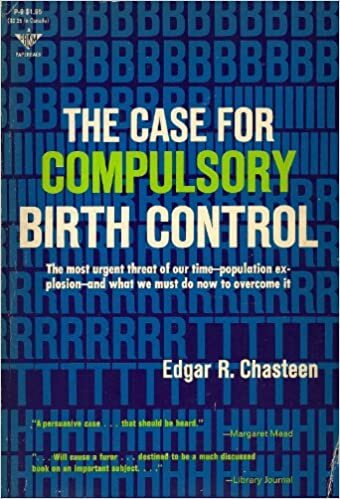A Christian Environmental Ethics - Part One
Environmental ethics is a hot topic in the world, since concerns over climate change have led to arguments, protests and physical violence. The issue is as much economic as it is ecological, and there is an element of political power-seeking from both sides of the debate. As is typical, a Christian environmental ethics does not line up with many voices in the contemporary debate.
This is not a discussion of climate change, capitalism, the Keystone pipeline, fracking, coal-ash spills, or any particular issue. First, these are all extremely divisive and tend to distract from meaningful argument about the principals of environmental ethics. Second, I am more concerned to present a biblical approach to the environment, which will shape the beliefs behind particular decision.
The basic paradigm for unpacking a Christian Environmental Ethics has three parts: (1) Creation; (2) Fall; (3) Redemption. This is often simply a biblical theology, but it can also be used to describe a basic approach to our attitude toward the creation.
This post is Part One in a series, which will cover the understanding of Creation for an ethics of environment.
I. Creation
The first thing to understand is that God created everything good. In the Genesis account of creation in Genesis 1, God made everything out of nothing in six days. Six times he described what he created as good. After he created Adam and Eve, he described the whole of his created order very good.
And God saw everything that he had made, and behold, it was very good. (Gen 1:31)
There are a few things that we can learn from this:
1. God created everything – Everything that exists came into existence because God made it, regardless of the timeline you accept for creation.
2. As the Creator, God has certain rights over his Creation – It isn’t as if he made something and sold it. God spoke everything into existence, he ultimately has ownership over it all.
3. Everything God created was good – God didn’t declare everything to be good. God saw that everything was good. In other words, the created order has a goodness due to its nature and right relationship to God, not due to a special declaration.
In the Genesis account of creation, we also learn that man was made in God’s image:
So God created man in his own image,
in the image of God he created him;
male and female he created them. (Gen 1:27)
There are several things that the image of God can mean. Theologians usually describe the image of God as one or more of the following: (1) Functional likeness to God; (2) Relational likeness to God; (3) Substantive likeness to God.
For this lesson, the key here is to look at the functional likeness to God. We are like God in that we have the function of sub-creators. He is the Creator and we continue his creative actions. This is part of the reason he created humans in his image.
Immediately after he spoke Adam and Eve into existence, he gave them dominion over the created order and told them to subdue it:
And God blessed them. And God said to them, “Be fruitful and multiply and fill the earth and subdue it, and have dominion over the fish of the sea and over the birds of the heavens and over every living thing that moves on the earth.” (Gen 1:28)
Then, in the more detailed account of creation in the next chapter, we see God give Adam a particular charge to develop the garden of Eden. This is not a destructive domination, but it should be a just stewardship that brings the best out of the created order, much like a farmer works his fields.
The Lord God took the man and put him in the garden of Eden to work it and keep it. (Gen 2:15)
Some translations render this as “till and dress” or “cultivate and keep.” There is an agricultural function for Adam (and later Eve) to take charge of the garden. The garden was not a place of absolute rest, but a place of work and worship. Humans were given stewardship of the earth:
The heavens are the Lord's heavens,
but the earth he has given to the children of man. (Ps 115:16)
The picture we get in Genesis 1 and 2 is of humans given responsibility as stewards over creation. We are to have dominion over it, but always with a view that we are to give account for how we use and tend the created order.



















